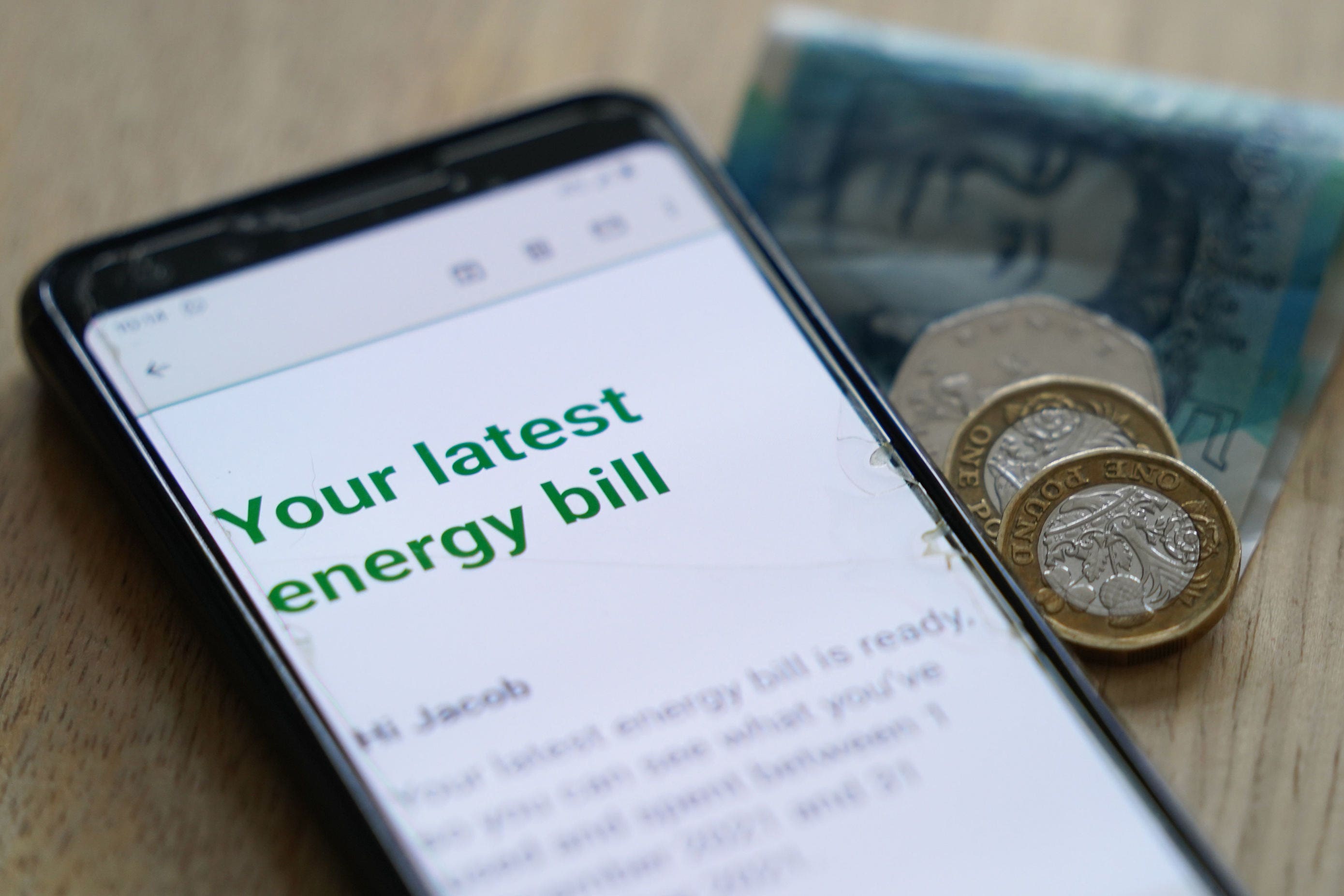Scottish energy minister calls for social tariffs for struggling families
It would mean those in financial difficulty pay lower prices for energy.

Your support helps us to tell the story
From reproductive rights to climate change to Big Tech, The Independent is on the ground when the story is developing. Whether it's investigating the financials of Elon Musk's pro-Trump PAC or producing our latest documentary, 'The A Word', which shines a light on the American women fighting for reproductive rights, we know how important it is to parse out the facts from the messaging.
At such a critical moment in US history, we need reporters on the ground. Your donation allows us to keep sending journalists to speak to both sides of the story.
The Independent is trusted by Americans across the entire political spectrum. And unlike many other quality news outlets, we choose not to lock Americans out of our reporting and analysis with paywalls. We believe quality journalism should be available to everyone, paid for by those who can afford it.
Your support makes all the difference.Scotland’s energy minister has called on the UK Government to reduce energy prices for struggling people.
The Scottish Government has long pushed for a so-called social tariff, which would see those on means-tested benefits pay less.
In a letter to the UK Government’s minister for energy consumers, Amanda Solloway, Gillian Martin pushed for the measure to be introduced, using the proceeds of a windfall tax on oil and gas companies when prices are “unprecedently high”, as opposed to a levy on energy bills.
A UK Government spokesman said all measures to help those in need are being kept “under review”.
Ms Martin wrote: “The Scottish Government has called repeatedly on the UK Government to deliver a social tariff mechanism for those who need it the most, and our call has been supported by partners across the energy industry and the third sector.
“The Scottish Government believes that a social tariff should be funded primarily though the Energy Profits Levy (or a similar mechanism) when energy prices are unprecedentedly high, with recourse to general taxation as prices fall.
“A specific levy on energy bills to fund and deliver a social tariff will not only place undue hardship on priority consumers, but also disincentivise energy savings in the same way that high standing charges currently do.
“I would also like to reiterate my previous offer to work with the UK Government on the design of a social tariff mechanism.”
As well as automatically including those currently on means-tested benefits, the tariff should also make efforts to help those who are “narrowly ineligible for benefits, are on low incomes and are now in or at risk of living within fuel poverty and readily available data already retrieved through existing UK Government support schemes could help achieve this”.
Social tenants and those who have high energy use due to medical or life-saving equipment should also benefit, Ms Martin said.
A spokesman for the Department for Energy Security and Net Zero said: “We recognise the cost-of-living challenges families are facing and we spent £40 billion paying around half a typical household’s energy bill last winter.
“Energy prices are falling and our Energy Price Guarantee remains in place to protect people until April next year.
“We’re also continuing to support the most vulnerable, with three million households expected to benefit from the £150 Warm Home Discount, £900 for those on means-tested benefits, and an extra £150 for disabled people.”
“We continue to keep all options under review for those most in need.”
Hazel Knowles, the energy lead at Advice Direct Scotland, said it has “witnessed significant demand” from people across Scotland for its services, adding: “With bills still significantly higher than they were before the energy crisis began, we know far too many Scots face a challenging winter ahead, forced to choose between heating and eating.
“Although there are regulations for suppliers to provide support, the current situation means this does not go far enough to support those struggling to pay and getting into unaffordable debt.
“Energy affordability is a long-term problem that needs a long-term solution. A social tariff would protect people from spending excessive amounts on their bills.”
But any social tariff, she said, will need to consider the “unique challenges” facing Scotland’s energy landscape, with criteria based on household income and energy efficiency.